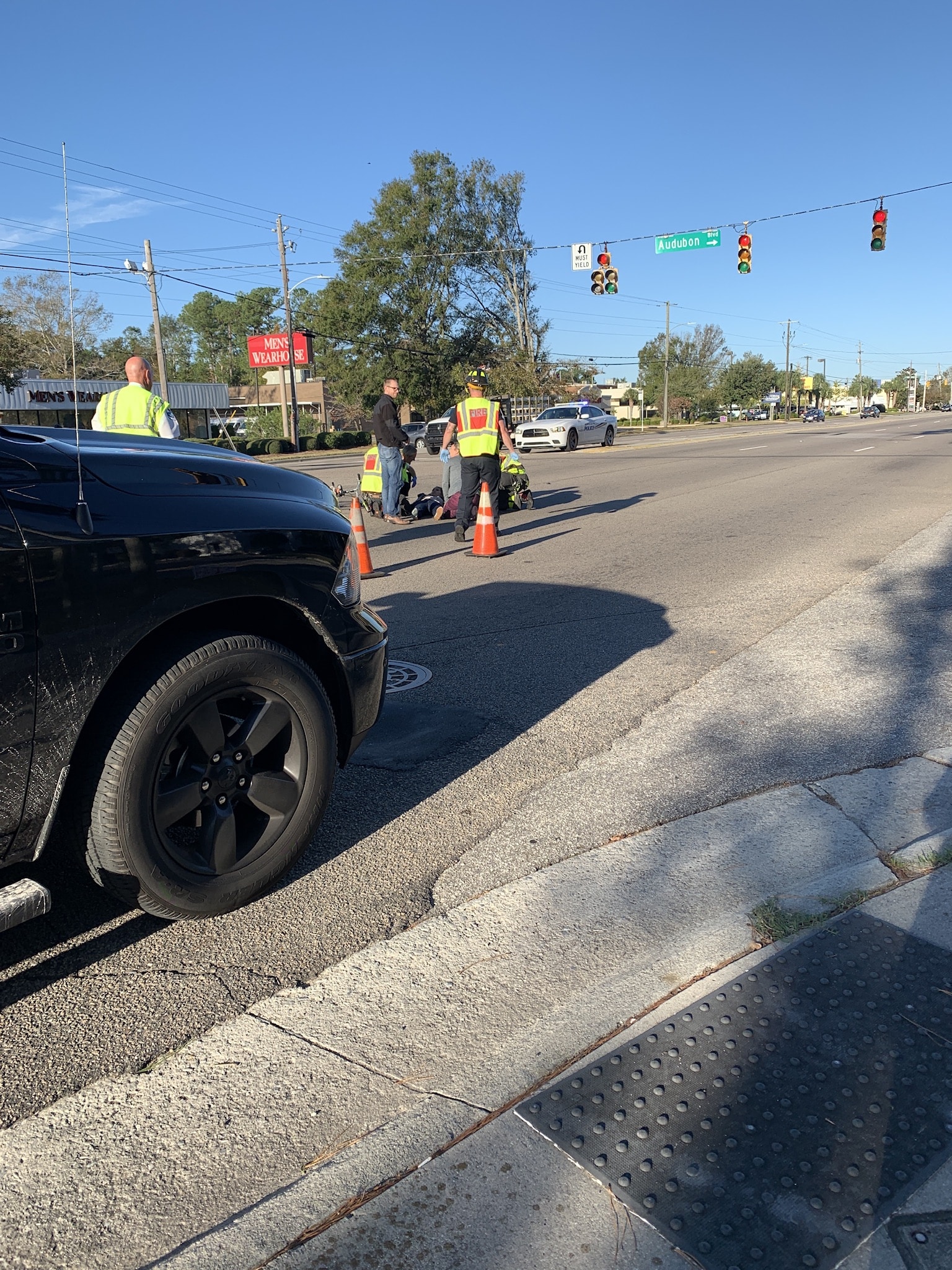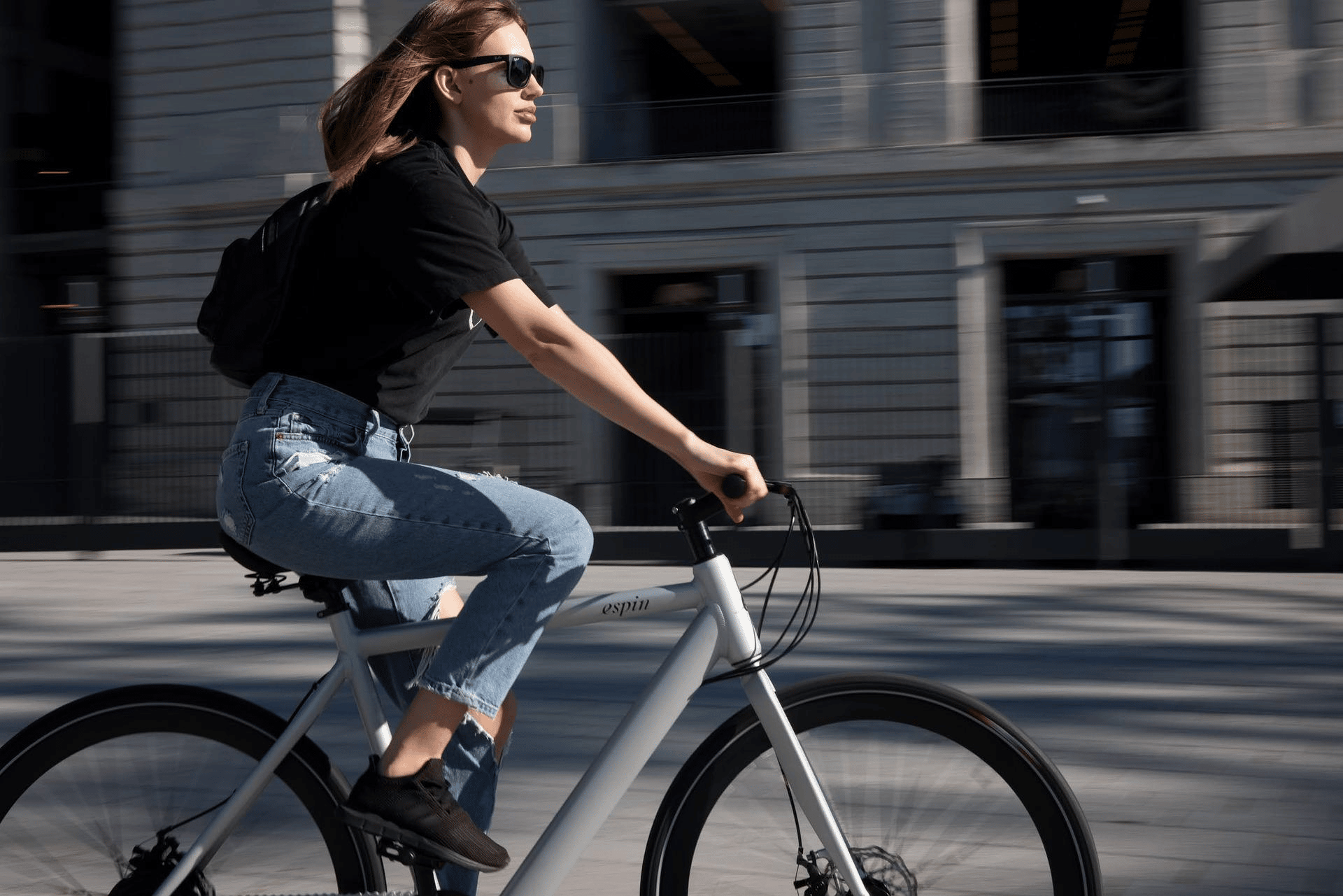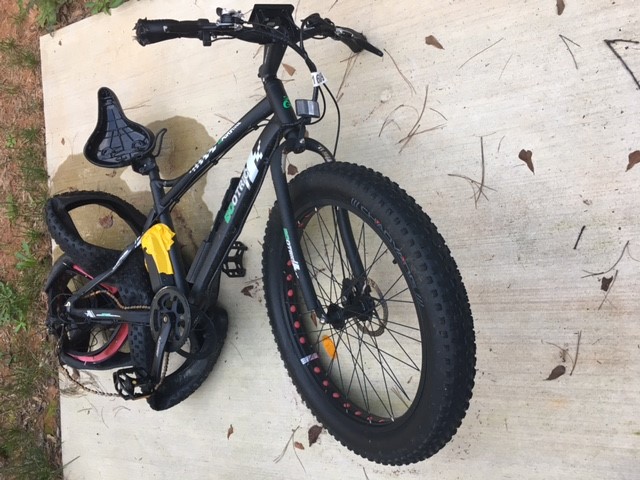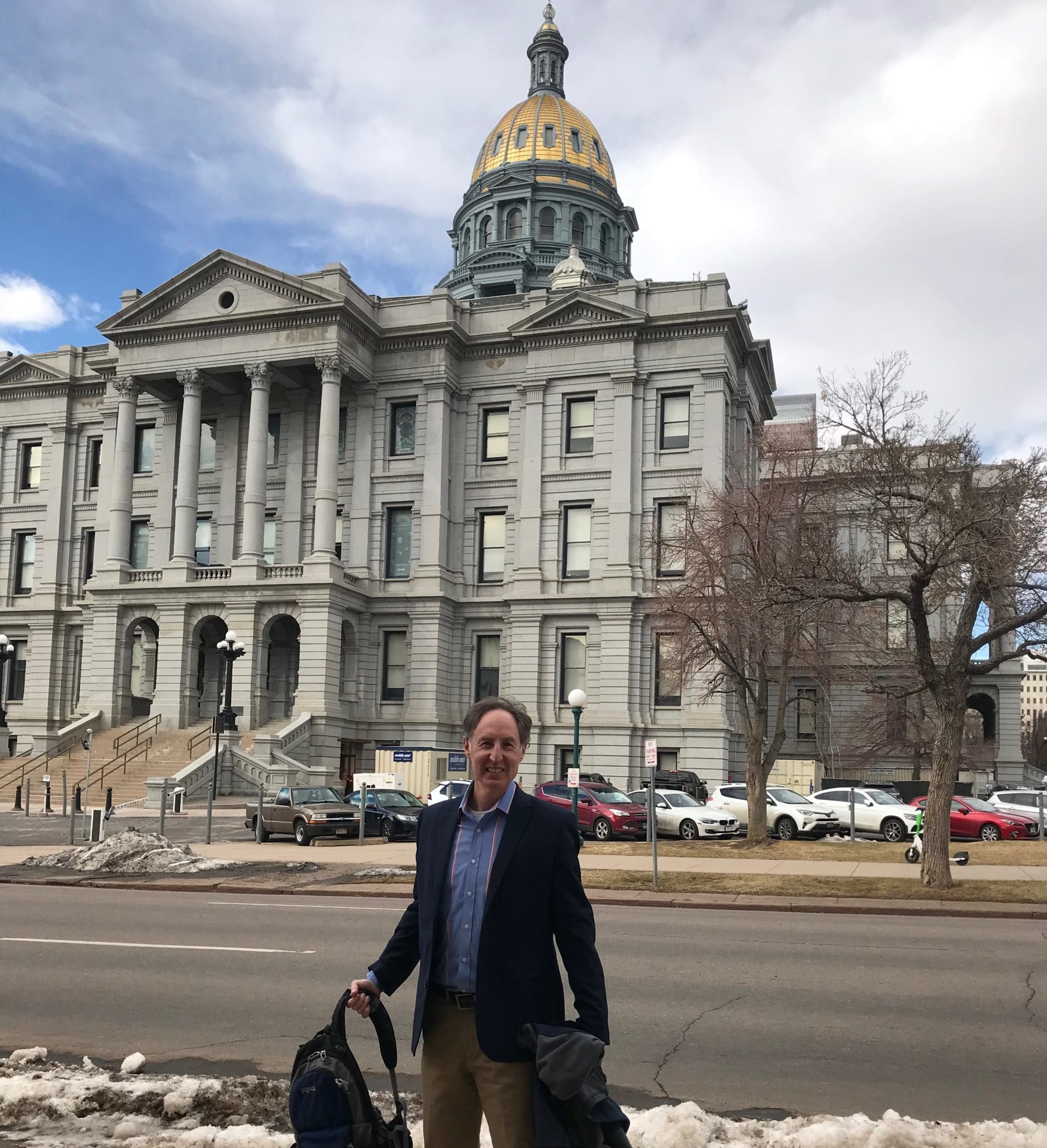Polarization, victim-blaming, and incivility among cyclists is hurting us and our cause.
Outrage.
It is what drives action and engagement on the interwebs these days. If it’s not outrageous, it’s boring. The Election of 2018 proved that outrage increases TOS (“time on site”) more than friendship, sympathy, desire, or anything else.
Judgment.
By definition it is necessary to reach any conclusion about anything. But passing it on to others through virtue signaling does what exactly? (“I’m on a mission to save the planet… I’ve booked a commercial flight to go run a marathon up north then another to deliver winter running clothes to the impoverished in Cuba.” Oh, ok. )
Opinion.
Like perspective, we’ve all got one (about everything) and it’s not dependent upon factual findings. Often times, these guys only have power when coupled with their equally as potentially suffocating counterpart, oversensitivity.
Polarization.
Newton explained this long before we had the added pleasure of oversharing, overstating, over indulging, and overreacting to the stuff we find, share, promote, amplify, support, protest on the internet. For every action there is an equal and opposite reaction. Here we are. It’s 2019 and things have never been so extreme.
A couple months ago, while stopped at a gas station during my bike ride, I had a gentleman cyclist tell me very definitively that rolling through stop signs on a bicycle is never safe, no matter what the law (Damn you, Idaho, Delaware, Arkansas! Why would a 14% decrease in bicycle crash injuries and a 30% increase in overall bike safety be incentivizing at all?!). I can only conclude based on his confidence in his proclamation that he believed himself to be an expert, and therefore believed I should consider him as such, too. I politely listened to his incongruous (and counterfactual) explanation and I never did tell him his helmet was on backwards.
On more occasions than I can count, middle aged men (and on one occasion a slightly younger than middle aged woman) felt the need to point out the too-highness or too-lowness or too-slammedness of my seat post and stem. I, myself, am certainly no expert (at anything), so perhaps they are all correct. Maybe these people ride their perfectly fitted bicycles around their respective cities and towns handing out citations for the geometric infractions committed by their fellow (and less or more aerodynamic) cyclists. And maybe they rush to the notice board advertising piano lessons at their local YMCA screaming, “I don’t want any piano lessons!!!!!!” Yeah, it’s out there for you to see. But unless I’ve slid it into your DMs (or the Director of your local Y knocks on your door with a Steinway upright) you can bet it wasn’t directed at you or even posted with you specifically in mind. (Did that offend you?)
I would never approach a stranger at the grocery store and rifle through the contents of their cart, pointing out how much healthier or skinnier they’d be without the cheese doodles and cola. And I would be taken aback if someone else did that to me. Quite frankly, I find it to be really awkward when the cashier verbally rings up my groceries (“…beep! Quinoa…beep! dental floss…beep! oreos- oh, did you see that these are buy one get another package half off?…”) or asks me questions about my personal pharmacy items. It feels invasive. So why do it online? Does the keyboard really make us feel like warriors? Yuck.
And even more so, I think we’ve reached a point (because of generally positive and necessary technological advancements and the availability of platforms like social media) where we, myself included, have a tendency to behave badly when the best course of action is just to mind our own business. This can be complicated and difficult because, at least as far as social media is concerned, we share stuff looking for a response or reaction. The bigger, the better. The number of likes (or varying degrees of such), followers, comments, shares, etc., become the metrics we use to measure our success, or self worth, or value in cyber space and even in real life. Yuck again.
We are pretty successfully solidifying a culture in which everyone gets a trophy just for showing up; where failure is avoided at all costs and circumvented with cheating, lying, exaggerating, spinning, or simply acting as if the hiccups and challenges that are an important part of a healthy, balanced life do not exist; where the more you’re loved, the more you’re hated; where the need to prove we’re right is more important than the need for peace, or compromise, or understanding, or acceptance, or forward motion; where we feel it is our duty to impose our every opinion about any and everything upon people we will probably never meet, trolling the web for an opportunity to argue about all kinds of stuff, much of which we really know relatively little about.
We should listen more and talk a lot less. Maybe we’d learn something new.
In the bike advocacy world, these things are on the juice. The cycle doesn’t necessarily start with us, but it certainly could end with us. Here are some unarguable facts that might help to clear a few things up: (These aren’t my opinions. They’re like, science and stuff.)
- The Earth is not flat.
- College isn’t for everyone.
- Inclusive infrastructure does increase cycling safety when engineered and implemented thoughtfully.
- Just because you can (physically or legally) doesn’t mean you should.
- Helmet usage increases your safety (on a bike, stepping out of the shower, cleaning your gutters, and operating a motor vehicle). They do not, however, protect your face, neck, or body in any of these situations or stop your brain from exploding like a cooked pear in a mason jar that’s been shaken if the impact to your head is great enough.
- Our political climate has a direct impact on the culture of cycling, the polarization within our community, and hampered success as advocates.
- There are way more good cops than bad ones.
- There are way more good truck drivers than bad ones.
- Having money doesn’t make you an asshole.
- Life is a hell of a lot harder in every single way when you don’t have any or enough.
I posted an article with an embedded video yesterday showing police officers responding to a call from a neighborhood resident complaining about a 14 year old girl riding her bike on his lawn. According to the article and as is partially captured in the video, three officers responded to the call, handcuffed the girl, accused her of riding a stolen bicycle, demanded identification, pushed her and her 15 year old brother who rushed to her against the patrol car, then forcibly threw her to the ground (while handcuffed).
Video shows North Little Rock officer throwing 14-year-old girl to ground after bicycle complaint
The kids are black. So are two of the three cops. Many of the comments that followed were nothing short of nonsense. The kids “reap[ed] what they sow[ed],” “…this had nothing to do with being black. Some of the cops are black!” “FTP,” and on, and on, and on. Was it a bike post? A race post? A political post? The biggest news flash is that it’s all of these things and none of them at the same time.
It’s a cry for help.
We victim-blame our very own (and we do it inside an echo chamber where all the anti-bike folks can’t even pull up a seat with their popcorn and watch us go for each others’ jugulars). We point fingers, publicly shame and humiliate, criticize, name call, and worse. And we’re dying in record numbers. For all you middle aged males out there (and no, I’m not a man hater. In fact, there’s a few I find to be particularly glorious: Bruno Mars, Colin Firth, LeBron James, Bradley Cooper, and the late Michael Hutchence all run a close collective second to Peter, IMHO), you’re the demographic most likely to suffer a bicycle crash fatality.
Of the 25 million Americans that will ride a bike this year, how many have a racing license? Our sport is on life support. Less of us that enjoyed racing are enjoying or racing. Fewer kids ride bikes. That’s cycling’s future turning their backs on the bicycle. (I posted about that too and the same outrage ensued.)
And for all the tariff naysayers (that a 25% increase on tariffs on the least expensive bikes would somehow not negatively impact youth ridership) who solely blame screen time and video games, the irony is that but for your own personal screen time, the opportunity to tell me that the Wall Street Journal and Forbes are wrong would never have presented itself.
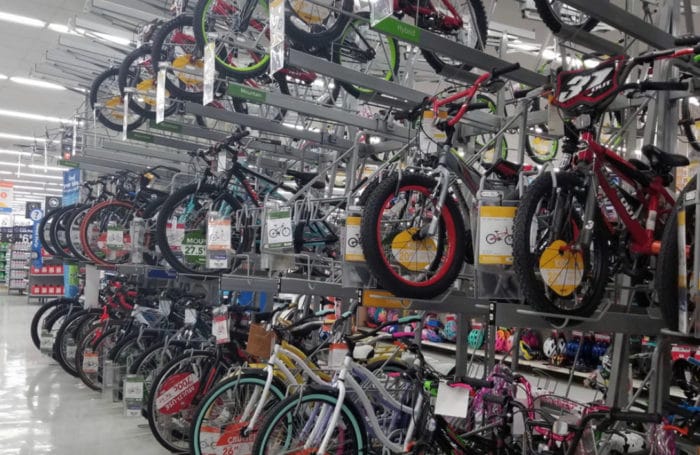
But it doesn’t have to be this way and we can certainly do our part to return some dignity and elegance to this thing we do that happens to be the common thread weaving us all together and the fastest way to save the world.
Most importantly, we can circle back to the humanity and freedom found in cycling and share that with the rest of the world so that maybe, just maybe, we can all take the leap out of second class citizenship and into a position of leadership, thereby growing our community in an inclusive way, and with it, the greatest predictor of bicycle safety.
But it starts here, now, on social media.
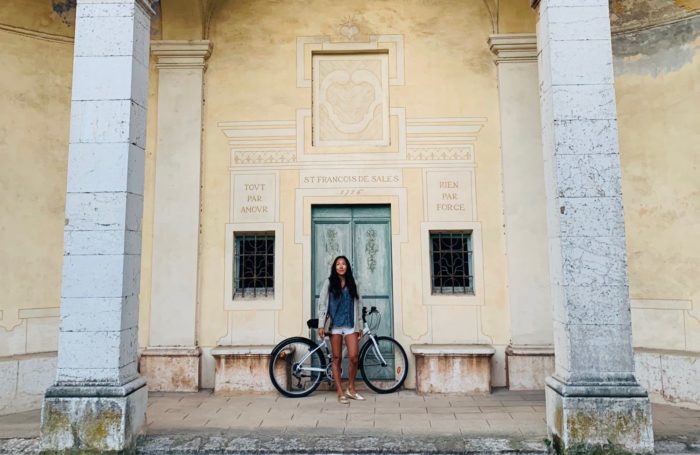

Rachael Maney is the Director of the Bike Law Network and of the non-profit Bike Law Foundation.








